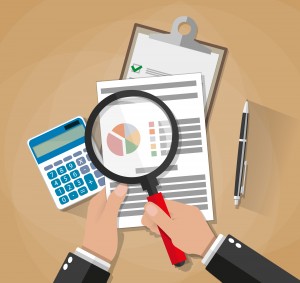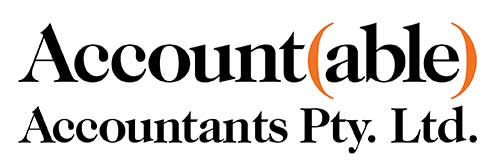ATO to ramp up crackdown on dodgy returns
 Hundreds of thousands of Aussies are expected to receive a nasty letter from the ATO this year.
Hundreds of thousands of Aussies are expected to receive a nasty letter from the ATO this year.
Dodgy, work-related claims like dry cleaning and car expenses will once again be the most closely scrutinised, along with investment property deductions and earnings from cryptocurrencies and sharing economy platforms like Uber.
The ATO has been given additional resourcing by the Government to back up the work they’re doing in relation to noncompliance. I think we’ll see far more audits and more letters in relation to incorrect claims around work-related expenses and property, and we’ll see far more data-matching around cryptocurrency and the sharing economy.
The most important thing to remember was that if you can’t substantiate it, you can’t claim it. Make sure you’ve got the receipt or invoice or bank statement that proves you incurred the expense. The expense must also be legitimately related to your job.
Here’s who is being targeted.
WORK EXPENSES TO WATCH*
• Claims for work-related clothing, dry cleaning and laundry expenses. The ATO has flagged it will be checking taxpayers who take advantage of the exemption from keeping receipts for people who spend less than $150 on laundry expenses. The ATO believes too many people are claiming this without actually incurring the expense.
• Deductions for home office use, including claiming for “occupation” costs like rent, rates and mortgage interest, which are not allowable unless you’re actually running a business from home.
• Overtime meal claims
• Union fees and subscriptions
• Mobile phone and internet costs, with a particular focus on people who are claiming the whole (or a substantial part) of the bill for their personal mobile as work related.
• Motor vehicle claims where taxpayers take advantage of the 68-cent-per-kilometre flat rate available for journeys up to 5000km. The ATO is concerned too many taxpayers are automatically claiming the 5000km limit regardless of the actual amount of travel.
• Incorrectly claiming deductions under the rule that allows taxpayers who have incurred work-related expenses of $300 or less in total to make a claim without receipts. The ATO believes some taxpayers are claiming this — or an amount just under $300 — without actually incurring the expenses at all.
DODGY PROPERTY DEDUCTIONS*
• The ATO has announced it will be paying close attention to excessive interest expense claims, such as where property owners have tried to claim borrowing costs on the family home as well as their rental property.
• It will also be looking at the incorrect apportionment of rental income and expenses between owners, such as where deductions on a jointly owned property are claimed by the owner with the higher taxable income rather than jointly.
• It will be looking at holiday homes that are not genuinely available for rent. Rental property owners should only claim for the periods the property is rented out or is genuinely available for rent. Periods of personal use can’t be claimed. This is particularly important for holiday homes where the ATO regularly finds evidence of homeowners claiming deductions for their holiday pad on the grounds it is being rented out when in reality the only people using it are the owners, their family and friends, often rent-free.
• It will be keeping a close eye on incorrect claims for newly purchased rental properties. The costs to repair damage and defects existing at the time of purchase or the costs of renovation cannot be claimed immediately. These costs are deductible instead over a number of years. Expect to see the ATO checking such claims and pushing back against claims that don’t stack up.
SHARING ECONOMY SHAKE-UP
• The ATO will also be looking closely at those working in the shared economy to ensure income and expenses are correctly reported.
• Examples include transporting passengers for a fare (Uber), renting out parking spaces, providing skilled services such as web or trade services (Airtasker), supplying equipment or tools, completing odd jobs, errands or deliveries, or renting out equipment such as tools, musical instruments or sports equipment.
• Renting out a room or house for accommodation is a big one. Airbnb hosts are the obvious example. The ATO is believed to be particularly concerned about taxpayers claiming the full CGT main residence exemption when part of their main residence has been rented out through Airbnb — the law prevents a full CGT exemption where part of a main residence has been used to earn income.
Nine News
